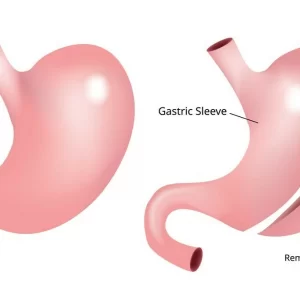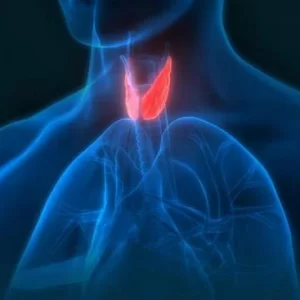Bariatric Surgery
The surgical treatment of obesity (bariatric surgery) is the most rapidly growing area of surgical practice today. This reflects both the ability of bariatric surgical procedures to provide a solution to an otherwise insoluble problem and the evolution of safer, less invasive procedures. Today there are essentially three procedures in use: laparoscopic adjustable gastric banding (LAGB), Roux-en-Y gastric bypass (RYGB) and biliopancreatic diversion. Bariatic surgery provides hopes and a brand new life for obese people who want to lose weight for good and become healthy.
Description
Weight Loss Frustrations and Solutions
If you have a BMI of 30 and more, you’re obese. According to a WHO report, Malaysia has the highest number of obese people in Asia. Losing weight as any overweight or obese person can testify, is an extremely disappointing and frustrating endeavour.
How Obesity Affects Your Health:
Obese people are prone to
- High Blood Pressure
- High cholesterol
- Type 2 diabetes
- Heart disease and stroke
- Gallstones
- Joint problems caused by extra weight
- Trouble breathing, including sleep apnea, in which you briefly stop breathing while you’re asleep
Bariatric Surgery
The surgical treatment of obesity (bariatric surgery) is the most rapidly growing area of surgical practice today. This reflects both the ability of bariatric surgical procedures to provide a solution to an otherwise insoluble problem and the evolution of safer, less invasive procedures. Today there are essentially three procedures in use: laparoscopic adjustable gastric banding (LAGB), Roux-en-Y gastric bypass (RYGB) and biliopancreatic diversion. Bariatic surgery provides hopes and a brand new life for obese people who want to lose weight for good and become healthy.
Benefits
Many bariatric surgery patients who have significant weight loss experience:
- Improved overall quality of life
- Improved physical functioning and appearance
- Improved social and economic opportunities





